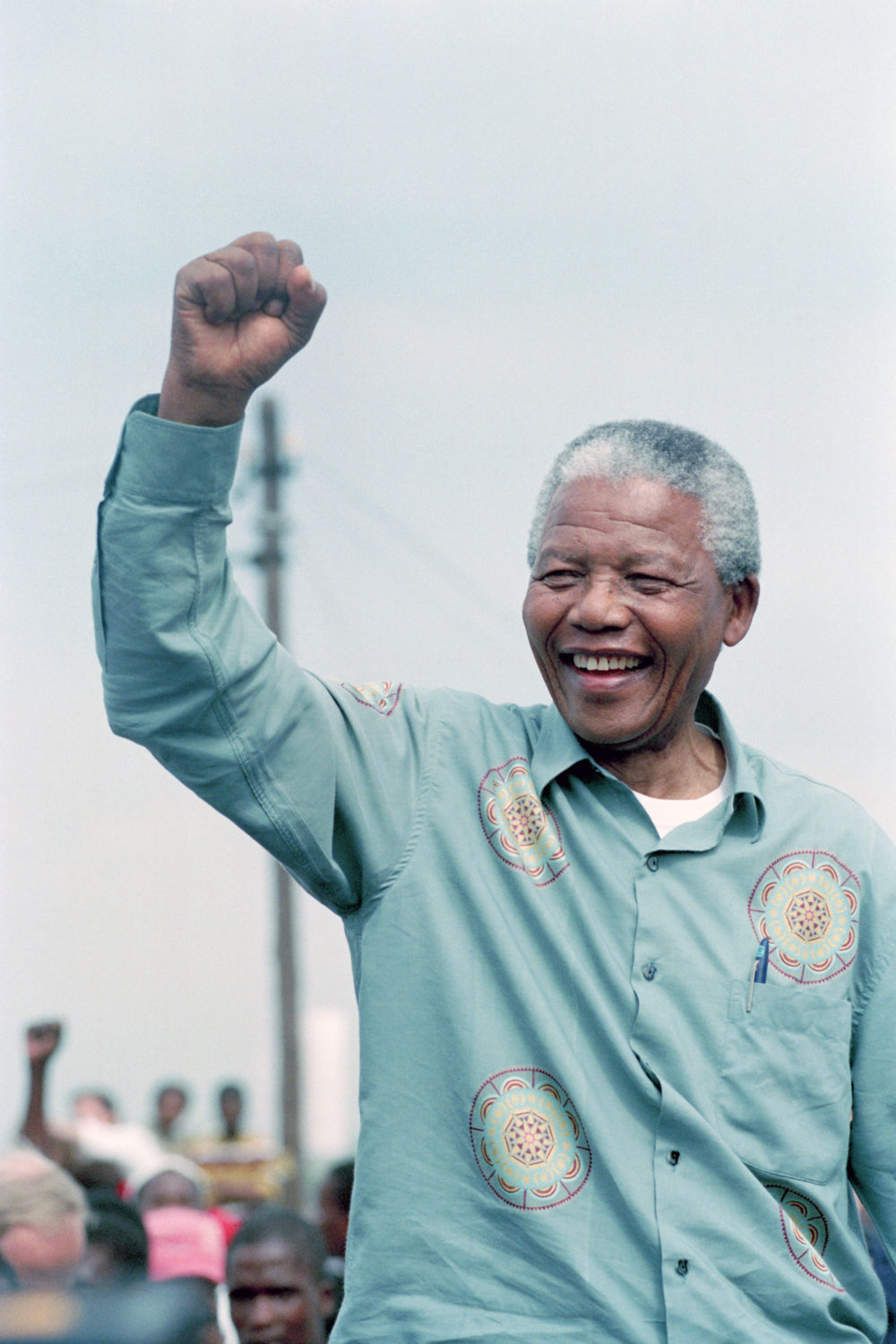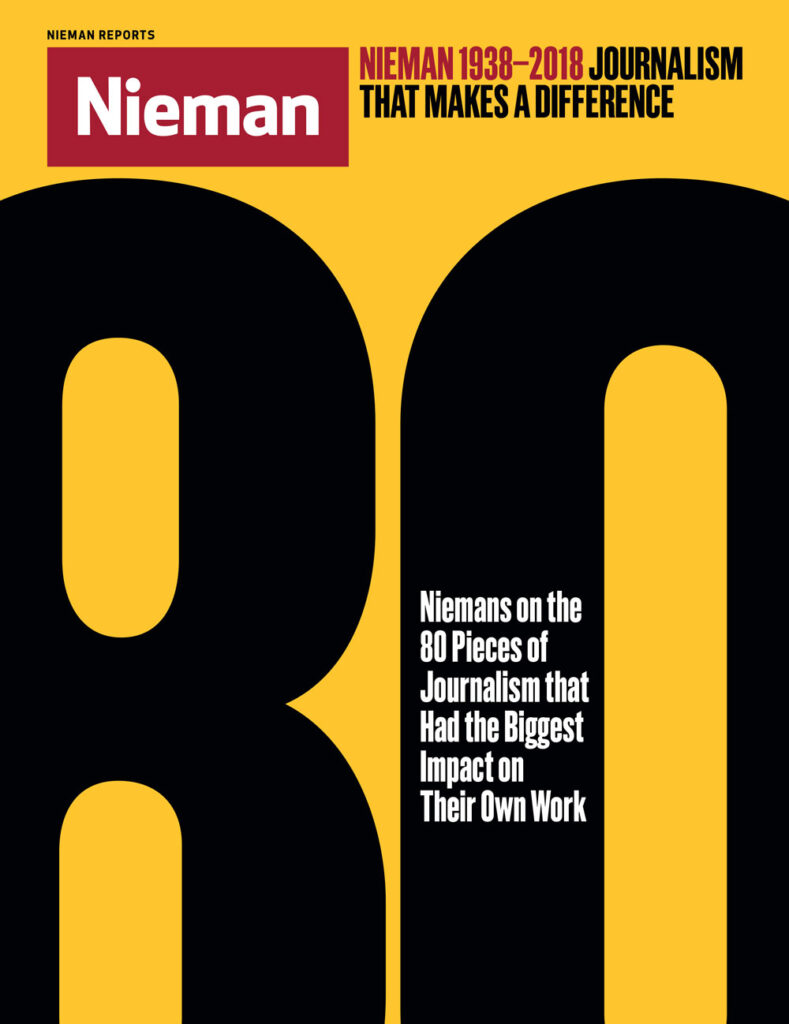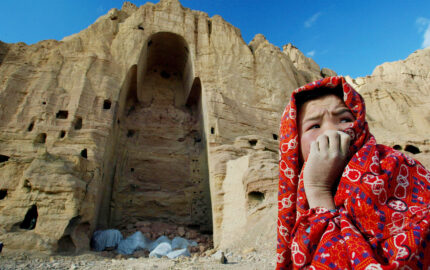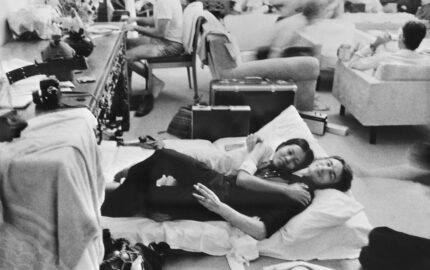The late Danny Schechter’s examination of apartheid-era South Africa shaped my path from radio intern in the 1970s to senior investigative reporter at WGBH in Boston exploring social injustice. Schechter, NF ’78, provided analyses and views of the anti-apartheid movement not filtered through a U.S. State Department Cold War lens. Like I.F. Stone and William Worthy, NF ’57, Schechter was an iconoclast whose most critical explorations of injustice were made outside of mainstream journalism. Though his Emmy-winning television show of the late 1980s, “South Africa Now,” was broadcast on some PBS stations, Schechter’s aggressive anti-apartheid coverage terrified quite a few public broadcasting station managers, who rejected the program. But Schechter was on to something.
I was in Johannesburg in the spring of 1994 as a representative of an NGO when a bomb went off a block from my hotel. With Schechter and four other journalists, I hurried to the site of the explosion which had been set off by a shadowy group trying to derail the historic elections. Schechter unmasked the group responsible, among other key revelations, in his award-winning documentary “Countdown to Freedom,” co-written with Rory O’Connor. Though I had first explored journalism as an intern for Schechter in 1977, it was in 1994 that I returned to the fold, first as a commentator for NPR’s “Morning Edition” and as a senior editor for PRI’s “The World” in 1995. It was the probing investigations of Schechter, especially during those 10 days in South Africa, that made the greatest difference in my own life and helps explain why I do what I do today.
Countdown to Freedom: 10 Days That Changed South Africa
Directed by Danny Schechter
Written by Danny Schechter and Rory O’Connor
Released October 1994
Documentary




